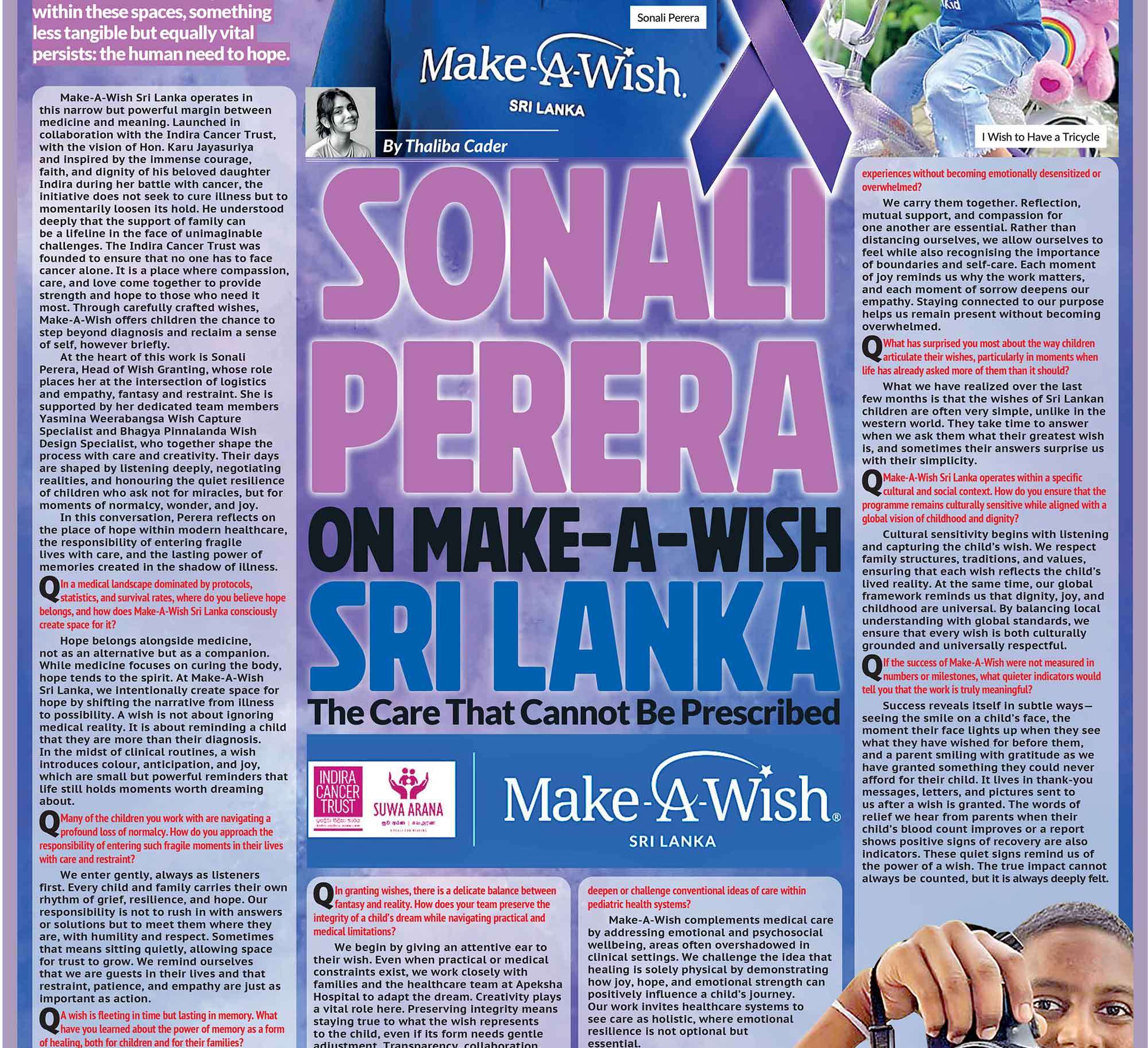 Hormonal acne, particularly in women, may be treated with birth control pills or anti-androgen medications. Some people also find relief using natural remedies like tea tree oil, green tea extract, or aloe vera, though these should be used with caution and patch-tested to prevent allergic reactions
Hormonal acne, particularly in women, may be treated with birth control pills or anti-androgen medications. Some people also find relief using natural remedies like tea tree oil, green tea extract, or aloe vera, though these should be used with caution and patch-tested to prevent allergic reactions
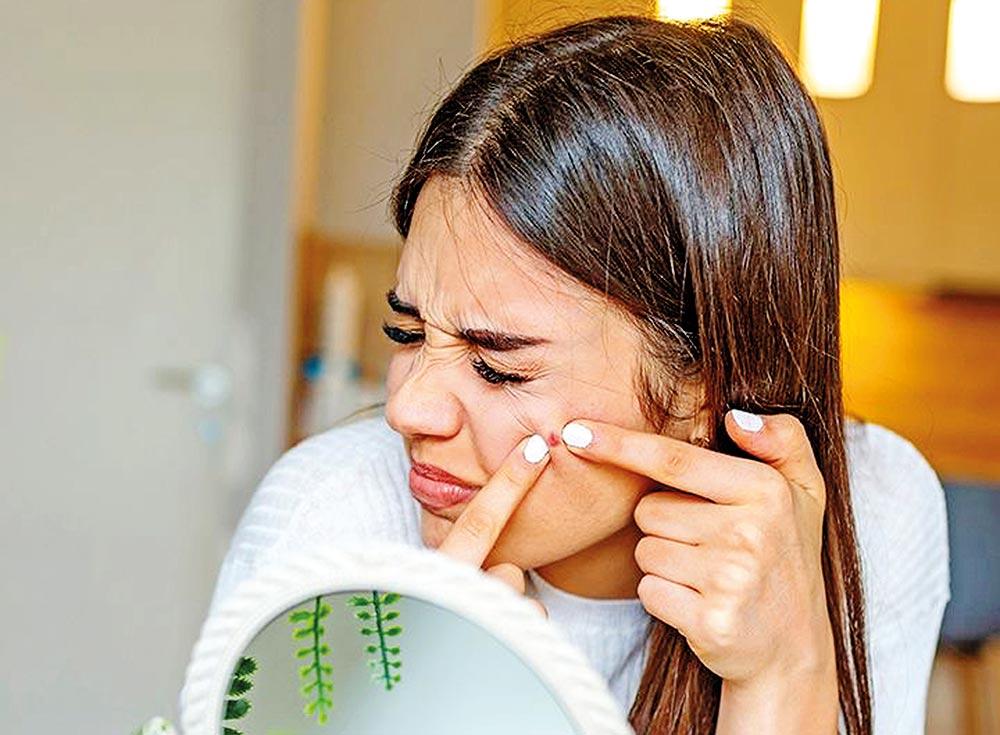
Pimples, just the word itself can stir up emotions ranging from frustration to embarrassment. For many, they’re an annoying part of adolescence, while for others, they persist well into adulthood. But what really causes these pesky skin problems? Why do they matter so much to people, especially girls? And most importantly, how can they be prevented and treated? In this article, we explore the truth about pimples, beyond the surface.
01)
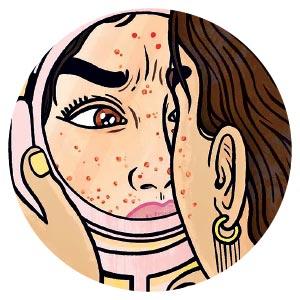 Q: What is a Pimple?
Q: What is a Pimple?
A pimple is a small, inflamed spot on the skin that develops when hair follicles become clogged with oil and dead skin cells. These clogged pores can become infected with bacteria, causing swelling and redness. Pimples are one of the most common symptoms of acne, a skin condition that affects millions worldwide. While they are most commonly seen on the face, pimples can also appear on the chest, back, and shoulders. Though seemingly minor, these tiny bumps can have a massive impact on an individual’s self-image and emotional well-being.
02)
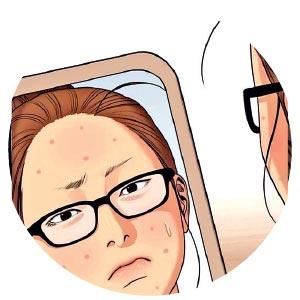 Q: Why Do Pimples Matter So Much?
Q: Why Do Pimples Matter So Much?
In today’s world, where appearance is often linked to confidence and identity — especially on social media — pimples can become more than just a skin issue. For many teenagers and young adults, waking up to a new breakout can feel like the end of the world. They may feel the need to cancel plans, avoid pictures, or wear heavy makeup to hide their skin. Pimples can chip away at one’s self-esteem, leading to anxiety, stress, and even depression in severe cases. It’s not just about vanity — it’s about how we perceive ourselves and how we think others perceive us.
03)
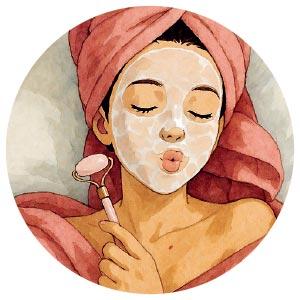 Q: How Do Pimples Form?
Q: How Do Pimples Form?
Pimples form when the body’s sebaceous (oil) glands produce too much sebum — a natural oil that helps protect and hydrate the skin. When excess oil combines with dead skin cells, it can clog the pores. These clogged pores become a breeding ground for Propionibacterium acnes, the bacteria responsible for causing acne. The body reacts to this bacterial invasion by sending white blood cells to fight it, resulting in inflammation and the formation of pus , the classic pimple.
Hormones play a significant role in this process, especially during puberty, menstruation, pregnancy, and times of high stress. That’s why teenagers and women often experience breakouts during hormonal changes. Diet, sleep, hygiene, and even environmental factors can also influence acne development.
04)
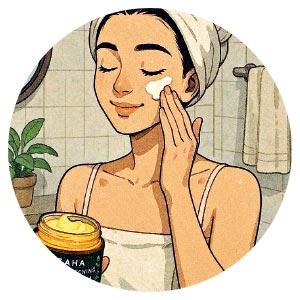 Q: What Skin Types Are Prone to Pimples?
Q: What Skin Types Are Prone to Pimples?
While pimples can appear on anyone, certain skin types are more prone than others. People with oily skin are particularly vulnerable because their sebaceous glands produce more oil, increasing the chances of clogged pores. Those with combination skin, oily in some areas (like the T-zone) and dry in others, may also struggle with breakouts. Even dry or sensitive skin types are not immune, especially if they use the wrong skincare products or fail to cleanse properly. It’s essential to understand your skin type to tailor your skincare routine and prevent unwanted flare-ups.
05)
Q: How to Prevent Pimples
The good news is that with the right habits, many breakouts can be prevented. The first step is establishing a consistent skincare routine. Cleansing the face twice a day with a gentle, non-comedogenic (non-pore-clogging) cleanser helps keep dirt and oil at bay. Exfoliating once or twice a week removes dead skin cells, but over-exfoliation should be avoided as it can irritate the skin and worsen acne.
Another important tip is to avoid touching your face unnecessarily. Our hands carry bacteria that can easily transfer to the skin, triggering pimples. It’s also crucial to use oil-free or non-comedogenic makeup and skincare products, which don’t block pores. Keeping pillowcases and mobile phone screens clean, drinking plenty of water, and eating a balanced diet rich in fruits and vegetables can also support clear skin. Lastly, managing stress through activities like exercise, meditation, or hobbies helps reduce hormone-induced breakouts.
06)
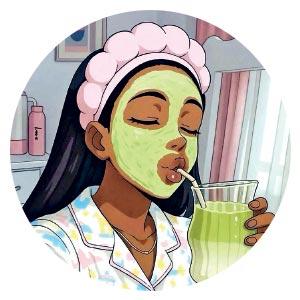 Q: How to Overcome Pimples
Q: How to Overcome Pimples
If you’re already dealing with pimples, don’t panic — there are several effective treatments available. Over-the-counter products containing benzoyl peroxide, salicylic acid, or alpha hydroxy acids (AHAs) can help reduce inflammation and clear clogged pores. For more stubborn or severe acne, a dermatologist may prescribe topical retinoids, antibiotics, or oral medications.
Hormonal acne, particularly in women, may be treated with birth control pills or anti-androgen medications. Some people also find relief using natural remedies like tea tree oil, green tea extract, or aloe vera, though these should be used with caution and patch-tested to prevent allergic reactions.
Beyond treatment, it’s essential to approach skin healing with patience. Picking or squeezing pimples may offer short-term satisfaction but often leads to scarring and delayed healing. Building a skincare routine that focuses on both treatment and hydration will support long-term skin health.
07)
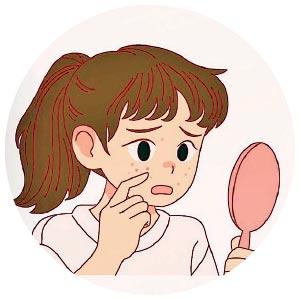 Q: How Girls Suffer from Pimples
Q: How Girls Suffer from Pimples
While acne affects everyone, girls often face a unique set of challenges. From a young age, many girls feel societal pressure to look flawless. Breakouts can make them feel unattractive, less confident, and even socially isolated. Hormonal fluctuations, particularly during periods, pregnancy, or conditions like polycystic ovary syndrome (PCOS), can trigger consistent and painful acne flare-ups that are hard to control.
Girls often turn to makeup to cover blemishes, but some products can worsen the problem. The emotional toll of dealing with acne can be intense — from avoiding selfies to staying home during social events, many girls silently suffer. This is why emotional support, open conversations, and accessible skincare education are essential. Acne is not a flaw; it’s a skin condition that deserves compassion and proper care.
Pimples may be small in size, but their impact can be profound. Understanding what causes them and how to treat and prevent them is the first step toward clearer skin and greater confidence. Whether you’re a teenager battling hormonal breakouts or an adult facing unexpected flare-ups, remember, you are not alone. With the right knowledge, patience, and support, you can beat the breakout and embrace your natural beauty, pimples and all.











